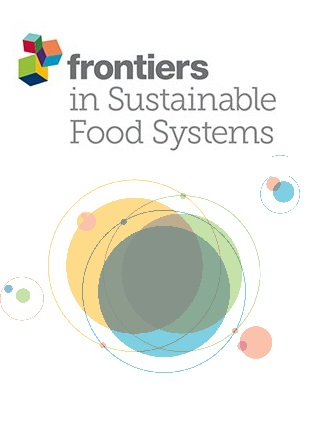Methods: This study investigates how gender dynamics influence CSA adoption patterns in Tanzania’s semi-arid Dodoma regions, using a mixed-methods approach. The study included a survey of 380 households and focus group discussions with 75 participants.
Results: The results reveal lower CSA adoption among female-headed households (51% non-adopters) compared to male-headed households (38% non-adopters). Probit and Poisson regression analyses identify several key determinants of adoption and adoption intensity, including marital status, livestock ownership, land access, and the availability of extension services. Female-headed households face unique barriers, such as smaller landholdings, labor constraints, and limited access to credit, training, and group membership. The study also highlights the absence of female extension workers in villages.
Discussion: The findings emphasize the need for targeted policy interventions to address these challenges and promote more equitable CSA adoption. These include implementing land reforms to ensure equitable land access for women, designing inclusive training programs that accommodate women’s time constraints, and increasing the representation of female extension workers to enhance CSA knowledge dissemination among female farmers. Additionally, improving access to credit facilities for female farmers, strengthening social networks through farmer groups, and improving transport infrastructure to reduce logistical barriers are crucial to further supporting CSA adoption. These targeted interventions are essential for overcoming gender-specific barriers, ensuring that CSA benefits are more equitably distributed, and ultimately supporting sustainable agricultural development.
DOI:
https://doi.org/10.3389/fsufs.2024.1507540Dimensiones Recuento de citas:
Año de publicación
2025
Autores
Awoke, M.D.; Löhr, K.; Kimaro, A.A.; Lana, M.; Soh Wenda, B.D.; Buabeng, K.; Hafner, J.M.; Sieber, S.
Idioma
English
Palabras clave
gender, climate-smart, sustainable agriculture, semiarid zones
Geográfico
Tanzania
















